Keywords: Freedom Of Religion
There are more than 200 results, only the first 200 are displayed here.
-

- Paul Bongiorno
- 09 June 2015
9 Comments
'In discussing Australia's asylum seeker policies Frank laments the government's deaf ear to calls from the churches, his own included, for a greater measure of compassion and a better way of dealing with the issue of boat people. Frank wryly comments: 'If only the Abbott Government with its disproportionate number of Jesuit alumni cabinet ministers could listen.' Paul Bongiorno launches Fr Frank Brennan SJ's book Amplifying That Still, Small Voice at the Australian Centre for Christianity and Culture, Canberra, 8 June 2015.
READ MORE
-
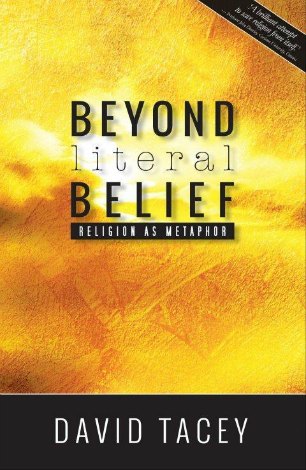
AUSTRALIA
- Andrew Hamilton
- 14 May 2015
50 Comments
Australian writer David Tacey argues that the Christian story, like all religious beliefs, should be seen as metaphor. He argues that in turning from a literal understanding, we recapture the original Christian message. But for me, adopting his reading would mean the loss of a personal God to whom I can pray, of a Christ who is a living presence among his followers, and of a community in living continuity with Jesus' disciples.
READ MORE 
-

AUSTRALIA
- Andrew Hamilton
- 22 January 2015
17 Comments
The Martin Place and Paris killings both generated hashtags that focused popular response. Their simplicity allowed people to express instantly their solidarity with victims and rejection of violence. But they also raised complex questions about the responsible use of freedom.
READ MORE 
-
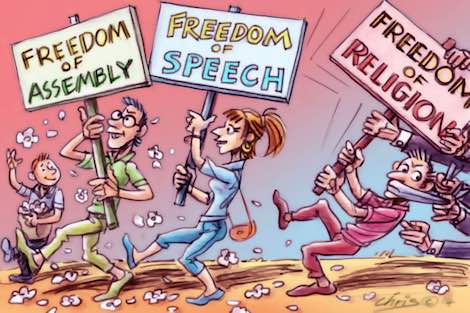
RELIGION
- Kevin Donnelly
- 03 November 2014
29 Comments
Unlike France, Australia's Constitution specifically accepts the place of religion in the broader society, with its reference to Almighty God in the Preamble. Its only stipulation is that governments should not privilege one religion over another, or unfairly discriminate. Moreover, our legal system and institutions might be secular in nature, but they draw heavily on Christian ethics and morality.
READ MORE 
-
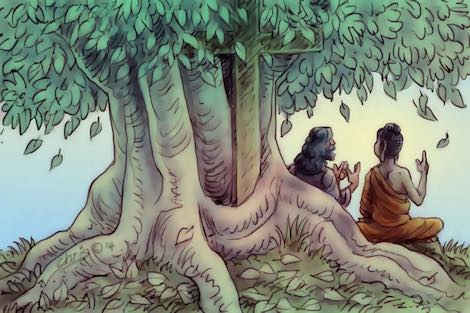
RELIGION
- Jenny Stewart
- 27 October 2014
38 Comments
Christianity is a warm, people-centred faith. Buddhism is cool and cerebral. Christianity offers narrative and prophecy of human failing and human glory. The Buddhist sutras are impenetrable discourses on the absolute. Yet Christianity in Australia seems to be fading.
READ MORE 
-

AUSTRALIA
- Frank Brennan
- 22 September 2014
5 Comments
Considering my indebtedness to the two Aborigines who met [my family's ship arriving in Hervey Bay from Ireland] 151 years ago, I owe it to all my fellow Australians to agitate these issues of law, morality and politics here in Ireland so that back in Australia, the homeland which, in my religious tradition, was known as the Great South Land of the Holy Spirit.
READ MORE
-
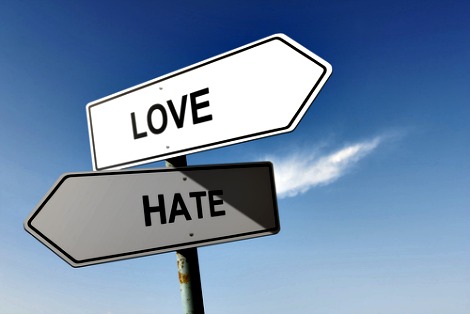
AUSTRALIA
- Andrew Hamilton
- 21 August 2014
17 Comments
Antisemitism and racism are rightly considered shameful. Those accused of these things usually deny the charges vehemently. Declaring critics of the actions or policies of, say, the Zimbabwe or the Israeli government, to be racist or antisemitic should be called for the bullying it is. Prejudice needs to be demonstrated, not asserted.
READ MORE 
-

AUSTRALIA
- Andrew Hamilton
- 14 August 2014
4 Comments
Last week's legislative flurry was very messy, with few signs of reflection on what kind of a society we want to create, and how far particular legislation will help do so. The arguments for legislation are based on abstractions such as free speech and terrorism. They are not supported by sustained reflection on the way in which human beings interact.
READ MORE 
-
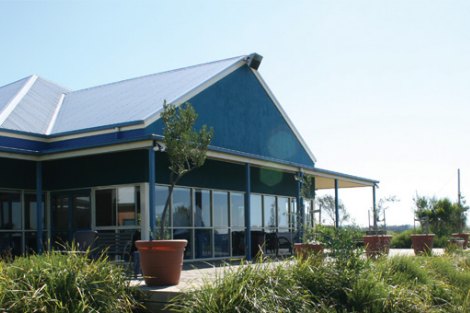
RELIGION
- Andrew McGowan
- 01 May 2014
29 Comments
In April the Victorian Court of Appeal upheld an earlier ruling that a youth camp run by the Christian Brethren had discriminated illegally against same-sex attracted persons by refusing a booking from a community health service for an event for young gay and lesbian people. This is not an isolated case. It is sobering that churches often seem to need the courts to give them lessons, if not about sex, then about hospitality and fairness.
READ MORE 
-

AUSTRALIA
- Frank Brennan
- 11 April 2014
1 Comment
'Whether or not we have a bill of rights, much of our human rights jurisprudence remains partial, failing to extend rights equally to all. Once we investigate much of the contemporary discussion about human rights, we find that often the intended recipients of rights do not include all human beings but only those with certain capacities or those who share sufficient common attributes with the decision makers. It is always at the edges that there is real work for human rights discourse to do.' Frank Brennan's Blackfriars Lecture
READ MORE
-
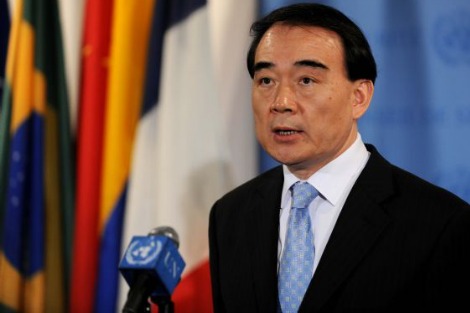
INTERNATIONAL
This week China criticised Australia's treatment of asylum seekers. The criticism, raised at a bilateral human rights dialogue, is good politics: China is using Australia's cruel and inhumane asylum policy as diplomatic leverage. Nevertheless, it is astounding hypocrisy from a country that returns refugees to danger, including to North Korea, a state infamous for its widespread violations of human rights.
READ MORE 
-

AUSTRALIA
- Frank Brennan
- 24 February 2014
5 Comments
'Three decades on, Queensland once again has a premier who finds some political advantage in skewing the balance between law and order, impugning the integrity and vocation of the legal profession. He has described defence lawyers as hired guns.' Professor Frank Brennan SJ addresses the Queensland Law Society Dinner, 30 years on from his book Too Much Order with Too Little Law.
READ MORE